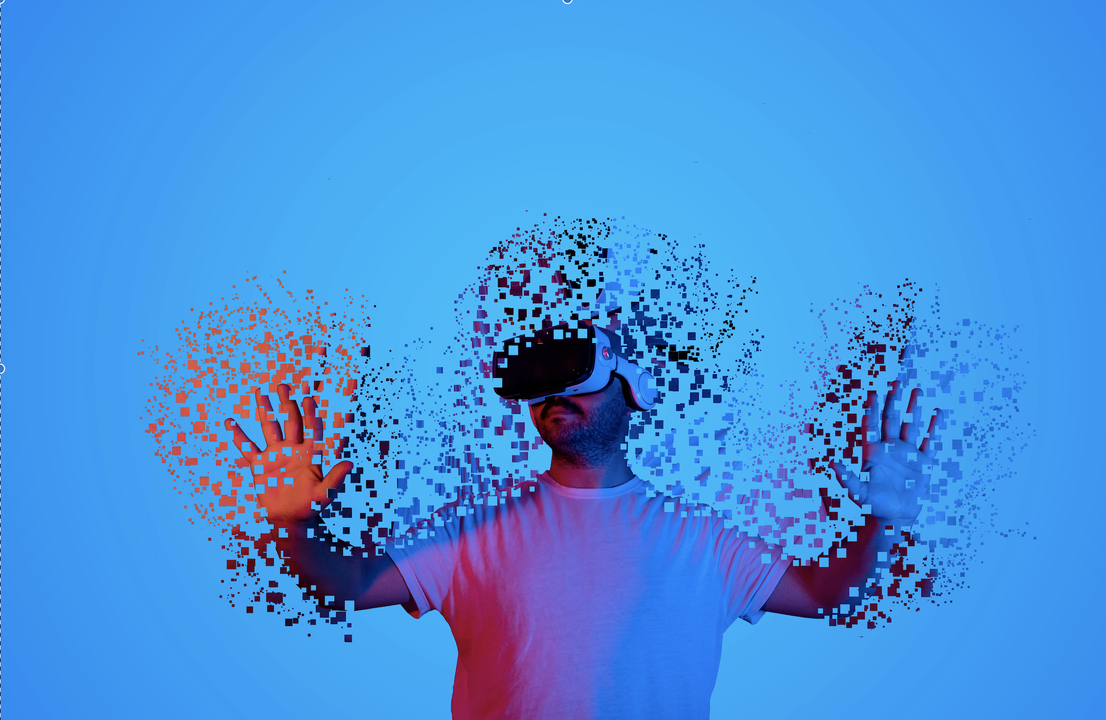At the inaugural Digital Workers Forum in Silicon Valley, industry leaders debated AI agent autonomy, customization, and the corporate drive to replace—not augment—human workers, while conveniently avoiding questions about ethics or human experience. Despite the flashy AI avatars we see online, the real conversation is unfolding in drab rooms full of humans deciding who profits, who gets replaced, and how much bias gets embedded into enterprise AI.
Author: David Bruemmer
-
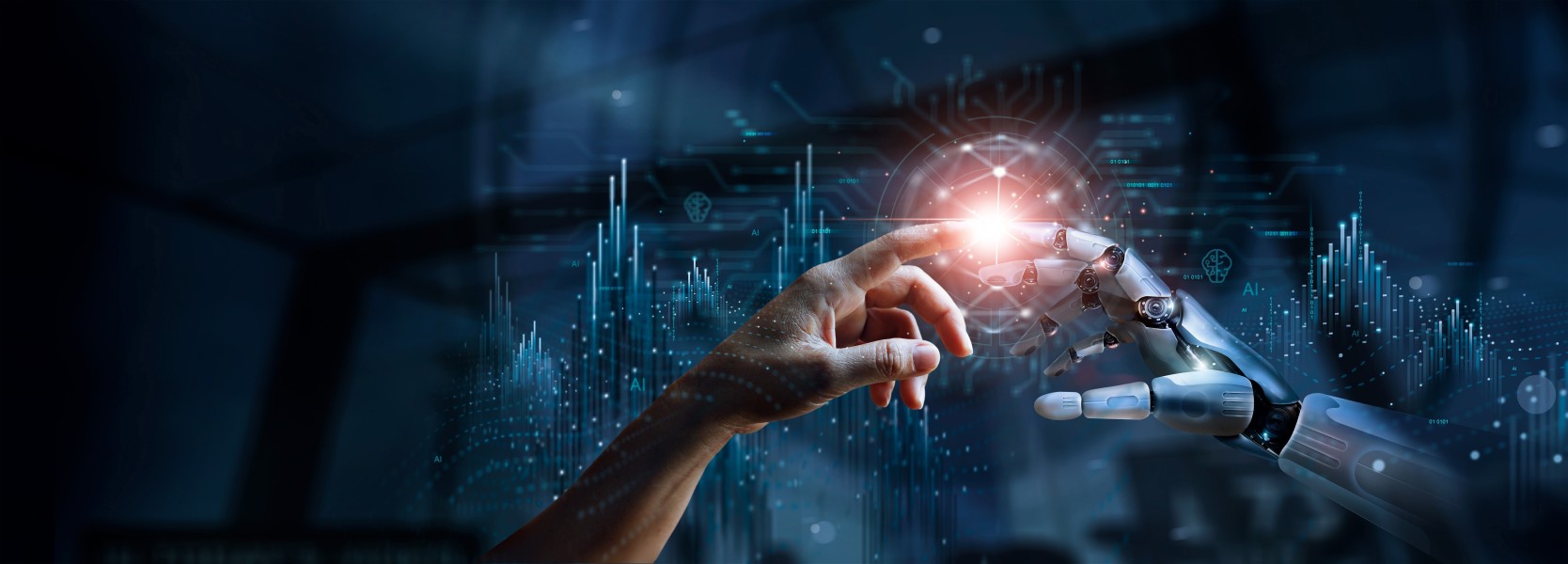
Becoming Swarm: How Our Approach to Self-Driving Must Change
After two decades of promises, autonomous vehicles have not delivered on safety, efficiency, or emissions, largely due to misplaced trust in centralized cloud systems and isolated onboard AI. To achieve the future we want—swift, synchronized, and safe mobility—we must adopt swarm intelligence, focusing on relative positioning, shared flow, and measurable safety rather than waiting for perfect autonomy from tech giants.
-

AI is the Seawitch – I Want My Voice Back
As generative AI blurs the boundaries between synthetic and real, truth itself is at risk of becoming just another corporate asset—shaped by ideology, monetized through your gaze, and sold back as reality. To resist this drift, we must ground AI in real-world data, accurate positioning, and measurable impact, ensuring that it reflects—not replaces—our humanity, our choices, and our wrinkled, complicated truths.
-
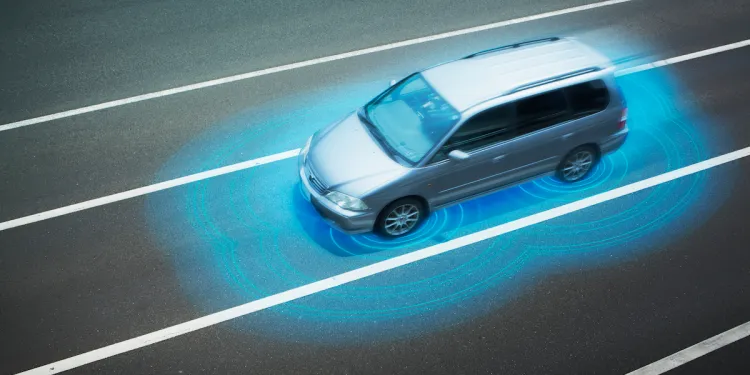
Autonomous Vehicles and the Imminent Death of Vision Zero
An exploration of how autonomy challenges the assumptions behind Vision Zero and what that means for safety policy.
-
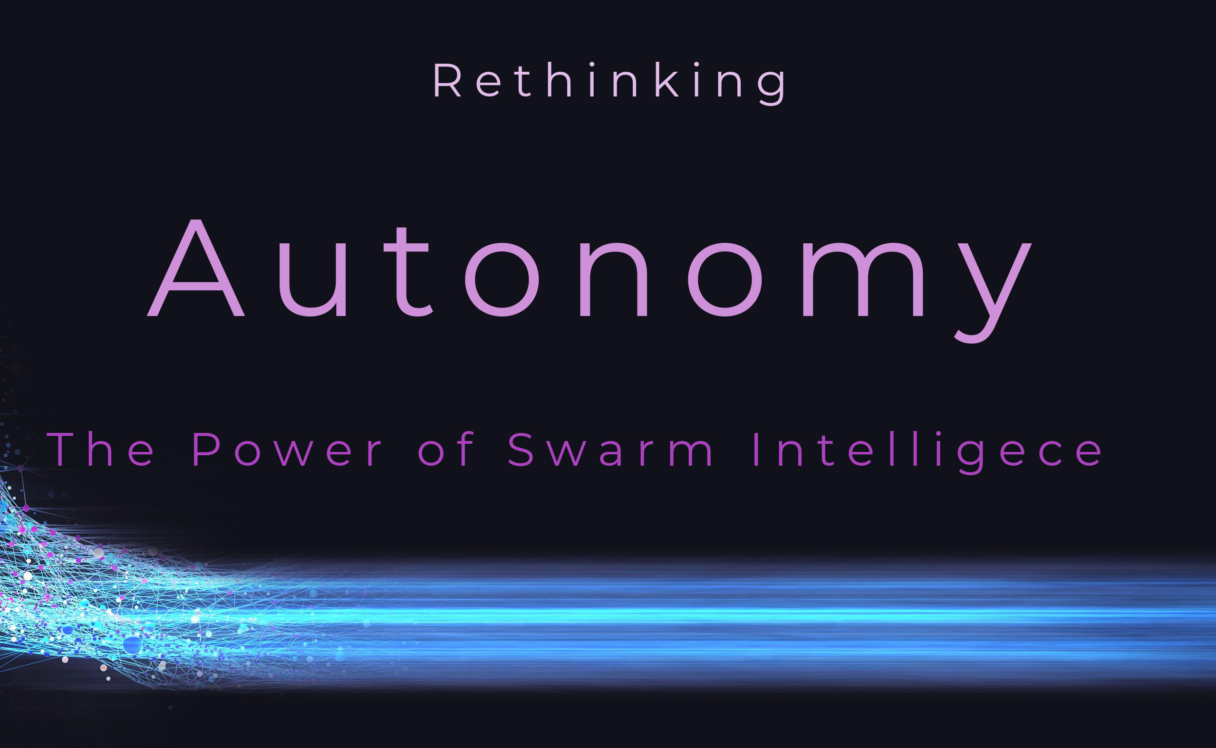
Rethinking Autonomy: The Power of swarm intelligence
The collapse of major self-driving ventures stems not from a lack of intelligence, but from a flawed, cloud-dependent model that ignored the chaos of real-world conditions. True progress requires shifting from centralized path-planning to swarm intelligence—a decentralized, adaptive approach that prioritizes flow over control.
-
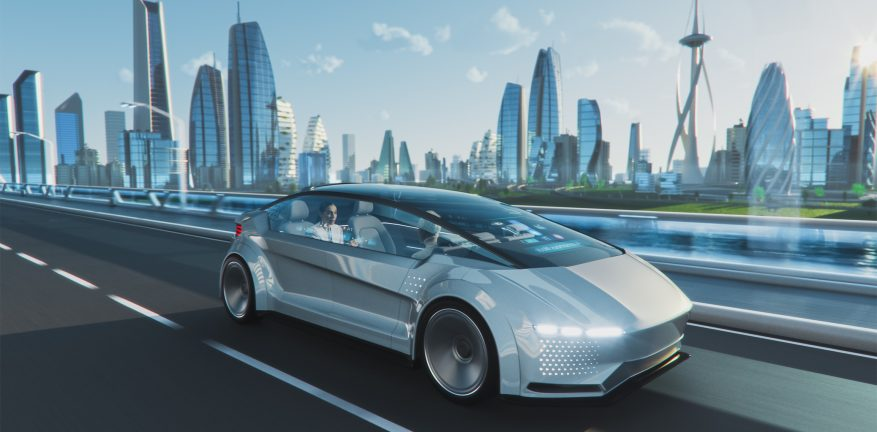
Pumping the Brakes on Fully Autonomous Driving
While current self-driving strategies focus on individual AI and centralized cloud control, true road safety and efficiency will come from swarm intelligence—vehicles synchronizing with one another through real-time, peer-to-peer communication and positioning. To achieve this, the industry must shift from ideological hype to measurable safety metrics, enabling collective flow over individual autonomy.
-

Autonomy for Whom?
While billions have been spent advancing self-driving technology, many systems still depend heavily on off-board servers, raising concerns about autonomy, safety, and centralized control. True autonomy should prioritize on-board intelligence, peer-to-peer coordination, and measurable safety — keeping the human at the center, not sidelined by corporate infrastructure.
-

The Horasis Council for the Ethical Practice of AI
Artificial intelligence is reshaping society in subtle yet profound ways—often prioritizing corporate control, monetization, and hidden influence over transparency, individual empowerment, and human dignity. The Horasis International Council on the Ethical Practice of AI seeks to shift the conversation through real stories, emphasizing performance, equity, human-centered design, and the need for systems that elevate rather than exploit us.
-
Oral History with Changemakers for Business Ethics – UCSD
This oral history features David Bruemmer, founder of Adaptive Motion Group (AMG), discussing his journey from childhood in Scotland to pioneering autonomous systems in robotics. Bruemmer emphasizes the importance of precise positioning and distributed autonomy in creating safe, efficient motion systems that integrate humans and machines. Drawing from his early fascination with robotics and experience at DARPA, he critiques centralized, server-dependent models of control in AI and autonomous vehicles. Instead, he advocates for peer-to-peer, fault-tolerant systems that enhance human autonomy and environmental awareness.
He also shares insights on entrepreneurship, storytelling as a vehicle for technological impact, and the deep connection between philosophical principles and real-world innovation. Throughout, Bruemmer reflects on the importance of ethical, intuitive, and human-centered technology as both a technical and societal imperative.

